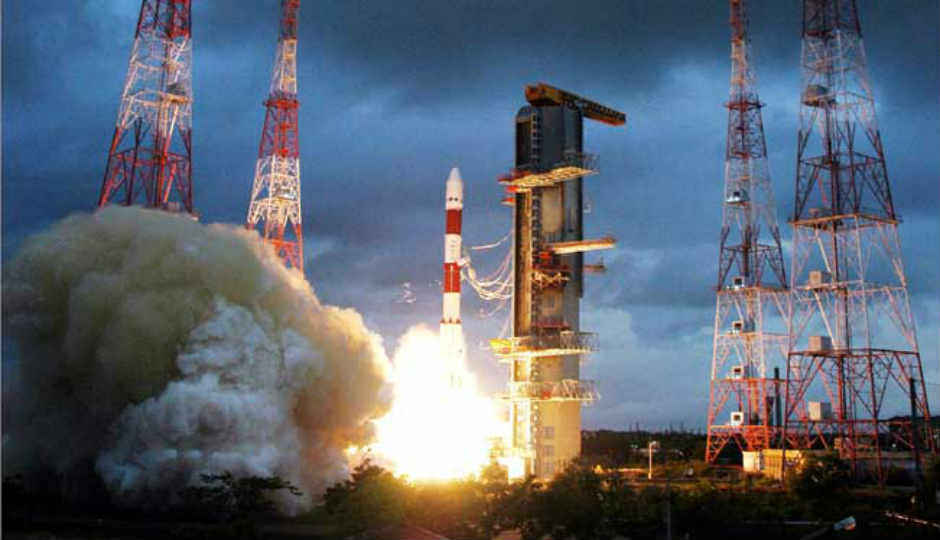 Gaganyaan is India’s most ambitious space mission yet in that it intends to put humans in space by the end of the year 2021, unlike previous missions which have all been unmanned. According to a recent report by Deccan Chronicle, ISRO (the Indian Space Research Organisation) is currently working on multiple space missions at the same time. It’s also finalising procedures to secure crew members for the Gaganyaan mission. “ISRO will launch two unmanned flights using human rated vehicle before Gaganyaan to assess various parameters. The first unmanned flight will take-off before December 2020,” commented K Sivan, ISRO’s Chairman after a successful launch of the GSLV Mk III rocket. Needless to say, ISRO will make necessary modifications to the GSLV rocket before using it for the Gaganyaan mission. The Indian space agency is currently consulting space agencies of other nations for the crew recruitment procedures. “ISRO will send a three-person crew to space for a period of five to seven days to carry some of the scientific tests like microgravity experiments. After that they will be brought back to earth,” added Sivan. ISRO’s plan is to place the spacecraft in a low earth orbit, which is at an altitude of 300–400 kilometres. The crew module and the service module (collectively called the orbital module) are expected to weigh approximately seven tonnes. They will be mounted on the GSLV Mk III launch vehicle during launch and make a controlled descent back to earth after the mission. The crew module, which carries the crew, will be separated from the service module at an altitude of 120 kilometres. Using the learnings from this mission, ISRO will make future mission plans, including ones that involve sending astronauts to the International Space Station.
Gaganyaan is India’s most ambitious space mission yet in that it intends to put humans in space by the end of the year 2021, unlike previous missions which have all been unmanned. According to a recent report by Deccan Chronicle, ISRO (the Indian Space Research Organisation) is currently working on multiple space missions at the same time. It’s also finalising procedures to secure crew members for the Gaganyaan mission. “ISRO will launch two unmanned flights using human rated vehicle before Gaganyaan to assess various parameters. The first unmanned flight will take-off before December 2020,” commented K Sivan, ISRO’s Chairman after a successful launch of the GSLV Mk III rocket. Needless to say, ISRO will make necessary modifications to the GSLV rocket before using it for the Gaganyaan mission. The Indian space agency is currently consulting space agencies of other nations for the crew recruitment procedures. “ISRO will send a three-person crew to space for a period of five to seven days to carry some of the scientific tests like microgravity experiments. After that they will be brought back to earth,” added Sivan. ISRO’s plan is to place the spacecraft in a low earth orbit, which is at an altitude of 300–400 kilometres. The crew module and the service module (collectively called the orbital module) are expected to weigh approximately seven tonnes. They will be mounted on the GSLV Mk III launch vehicle during launch and make a controlled descent back to earth after the mission. The crew module, which carries the crew, will be separated from the service module at an altitude of 120 kilometres. Using the learnings from this mission, ISRO will make future mission plans, including ones that involve sending astronauts to the International Space Station.from Latest Technology News https://ift.tt/2ON083v









